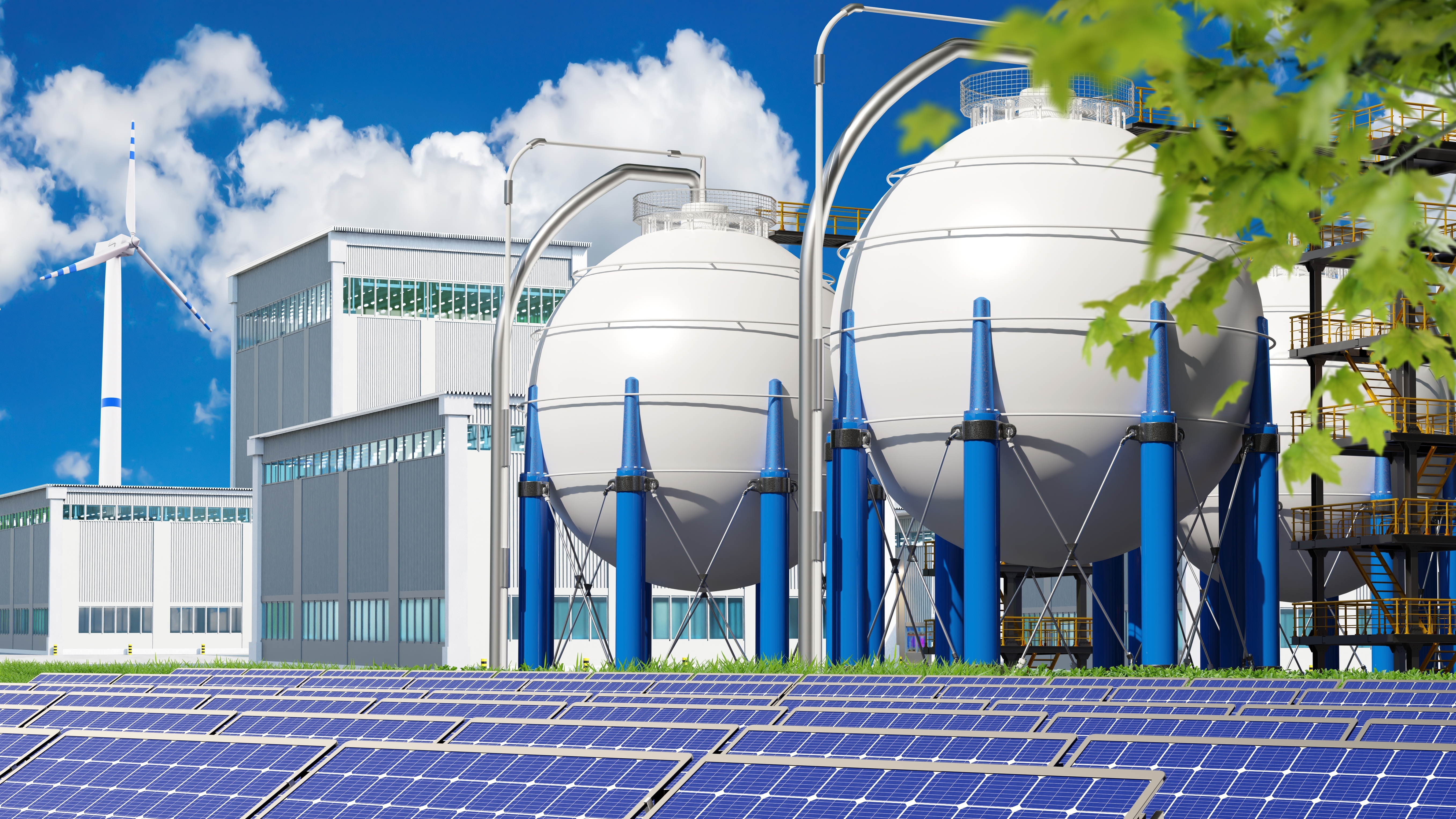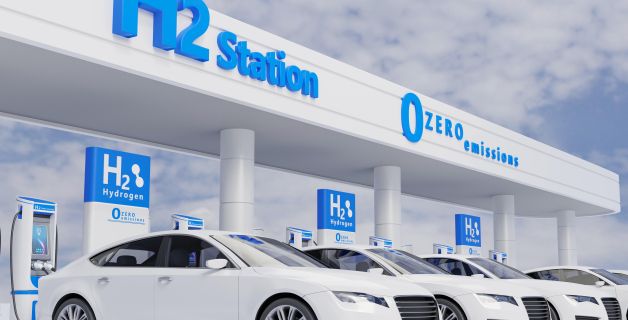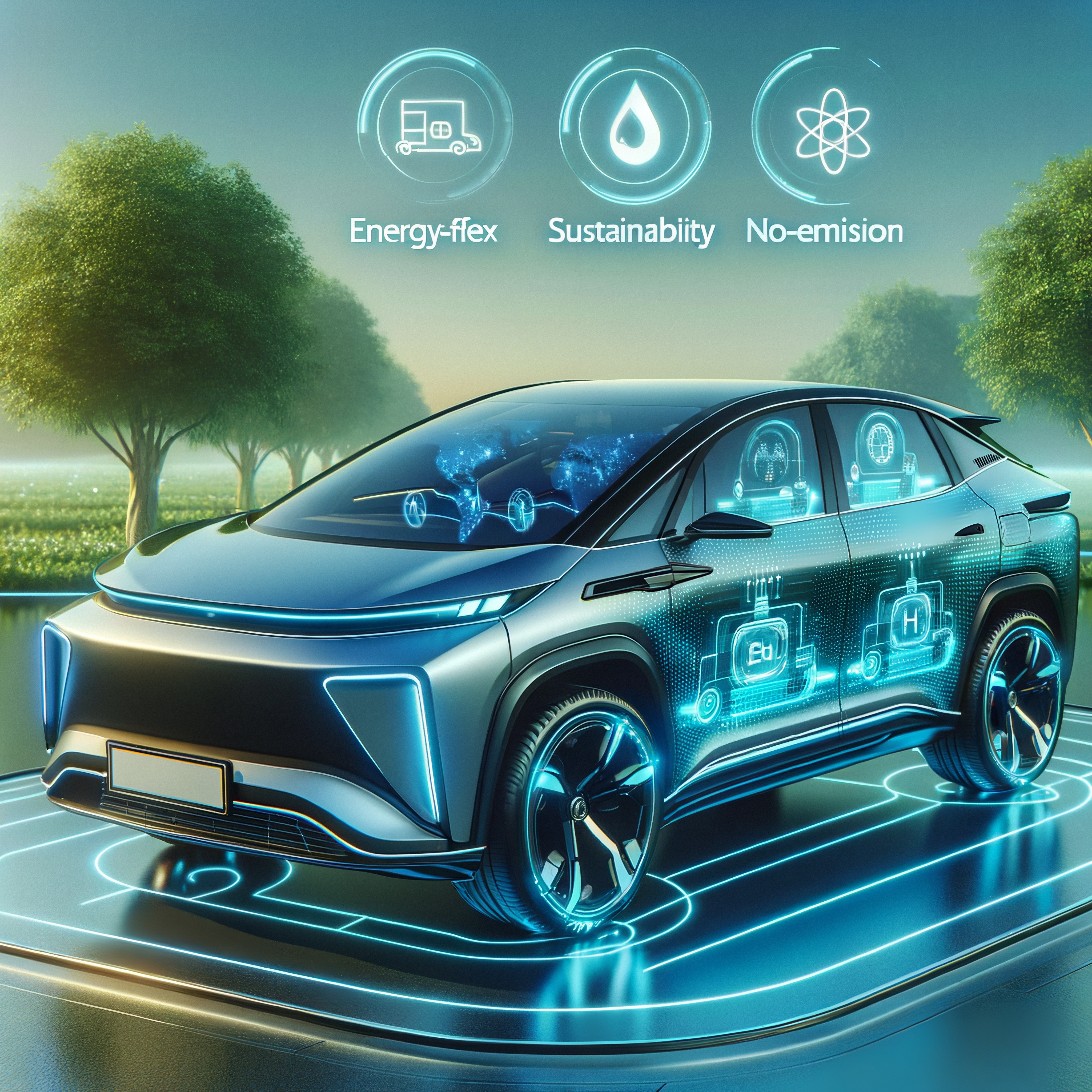Featured Articles
2022-05-02
Hydrogen fuel is proven to be feasible in conventional internal combustion engines
 Hydrogen-fueled Toyota vehicle completes 24-hour endurance race.
Hydrogen-fueled Toyota vehicle completes 24-hour endurance race.In May 2021, Toyota Motor corporation used a hydrogen energy engine based on the G16E-GTS 1.6-liter fuel-based three-cylinder turbocharged engine mounted on the GR Yaris, and with the modification of the injection system and the interior of the engine, it will be installed on the Corolla Sport and participate in the third leg of the All Japan 24 Hours endurance race, Super Taikyu, in the name of Toyota Corolla H2 Concept. It successfully reached the completion record of 24 hours and 358 laps.
1. Using the existing fuel vehicle engine to generate hydrogen power, in addition to burning trace amounts of engine oil-related nitrogen oxides, will not produce carbon dioxide or harmful substances, to meet the requirements of environmental protection.
2. Hydrogen burns faster than gasoline and has stronger responsiveness, so you can enjoy more fun than driving a fuel car in the past.
3. Because the system of the existing fuel vehicle is directly used, rare metals are not required, and the cost is cheaper than that of hydrogen fuel cells.
4. The durability of hydrogen energy engines and peripheral components is verified, which is no different from that of fuel vehicles.
5. Not only fuel cells, but also the use of hydrogen fuel in the form of internal combustion engines has proven that the use of hydrogen fuel in automobiles is safe.
6. From the analysis of the above five aspects, it can be seen that electric vehicles are not the only option for zero emissions. The use of hydrogen fuel has expanded the scope of thinking, and it is no longer limited to the narrow thinking that non-lithium battery electric vehicles are indispensable.
In February 2022, Toyota and Yamaha announced that they would jointly develop a hydrogen-fueled V8 engine, which further deepened the feasibility of the above analysis. The engine is based on the version used in the original LEXUS RC F Coupe, and has been modified for the injectors, cylinder head, intake manifold and several other components to allow it to run on hydrogen instead of gasoline. The engine's performance is said to be very close to the original V8, and its performance is good enough for the newly developed experimental state. Hydrogen engines have an innate affinity like conventional fuel engines, making them easy to operate even without electronic driver assistance devices. In this state of no electrification, it is possible to achieve almost zero emissions, while retaining the two elements of speed and sound that are indispensable for the cars that fans love.
References
- MONOist , 2021-04-23 , provided by Yuki Saito, トヨタがHyquitoエンジンをスーパー durable シリーズに, May 2021
- Planet Analog, 2021-11-9, MAJEED AHMADD , Denso calls SiC a revolution in the bid for carbon neutrality
- Interesting Engineering, 2022-02-19 , Loukia Papadopoulos , Toyota and Yamaha join forces to develop hydrogen-fueled V8 engine
- H yundai Motor Group, 2021-09-07, Hyundai Motor Group's next-generation fuel cell system, a key technology for popularizing hydrogen energy
- Hyundai Motor Group, 2021-09-07, Vision FK, the world's first high-performance eco-friendly hydrogen electric vehicle
- 2020-12-17 , Toyota introduces second-generation Mirai fuel cell electric vehicle as design and technology flagship



